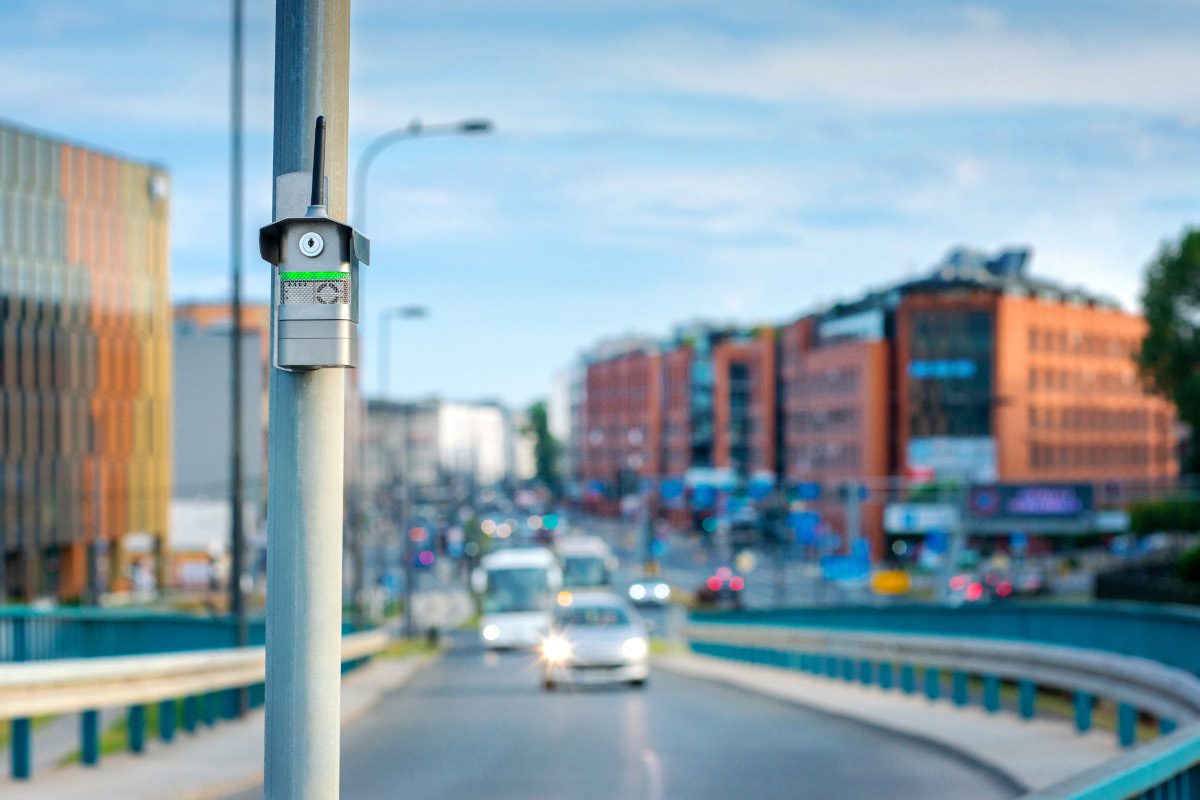
Technology firm Airly says it is lobbying government to address the ‘largest environmental health risk’
Serving as a reminder that air pollution causes up to 36,000 deaths every year in the UK, Clean Air Day 2023 will take place on Thursday 15th June. “At Airly, we strongly support the aims of Clean Air Day and urge everyone to participate,” explains Airly COO Jonathan Gartside. “The UK Government recognises that air pollution is the largest environmental health risk that we face today, but there is still a long way to go, so we hope that recent advances in monitoring technology will be exploited to accelerate improvements in air quality.”
Organised by Global Action Plan, the Clean Air Day website provides resources for individuals, communities, schools, businesses, local authorities and healthcare professionals – see www.actionforcleanair.org.uk/campaigns/clean-air-day.
This year, Clean Air Day takes place just three weeks after the UK Government’s Environmental Audit Committee (EAC) consultation, which examined key issues surrounding air quality strategy in England. “We were very pleased to respond to the consultation,” explains Airly CEO Wiktor Warchalowski. “Our submissions addressed a number of key issues such as the paucity of local authority dense monitoring networks to identify air quality hotspots and trends when designing and validating interventions.
“We believe that the Government should mandate local real-time monitoring in AQMAs and near sensitive locations like schools. At the same time, it will be necessary to increase funding specifically for local monitoring, and to enhance best-practice guidance for the use of small sensor networks to give confidence to Local Authorities to make use of this emerging technology.
“We wholeheartedly applaud the recent success of the EAC in the improvement of river water quality through the establishment of a comprehensive nationwide real-time monitoring network. However, the health impacts of air pollution are far, far greater, so we very much hope that the committee will be able to convince the Government that it should mandate and fund local real-time monitoring.”







